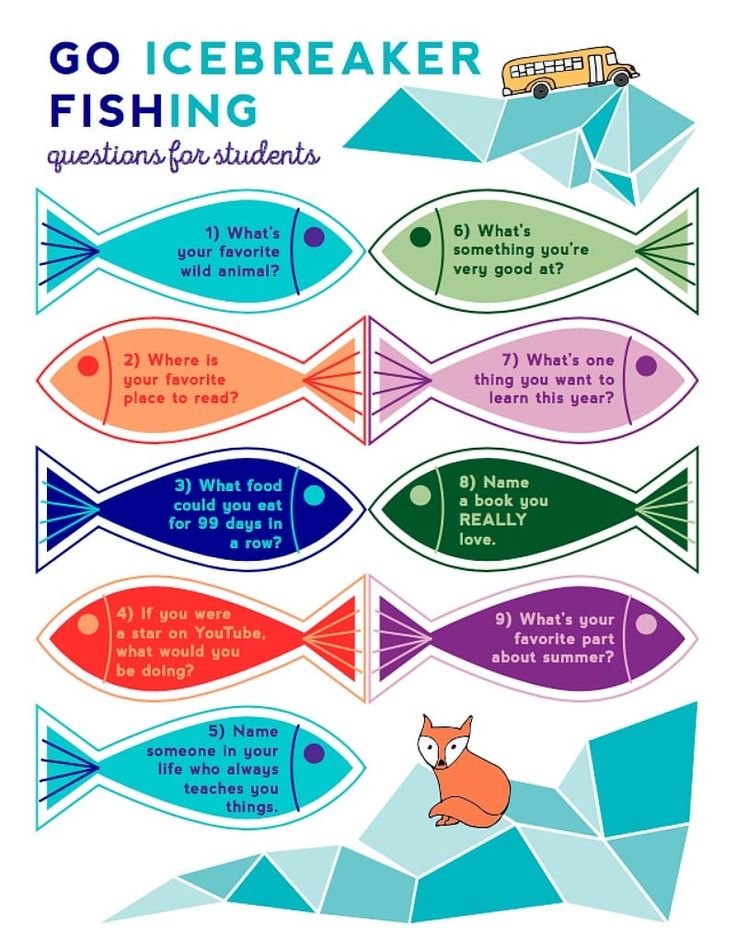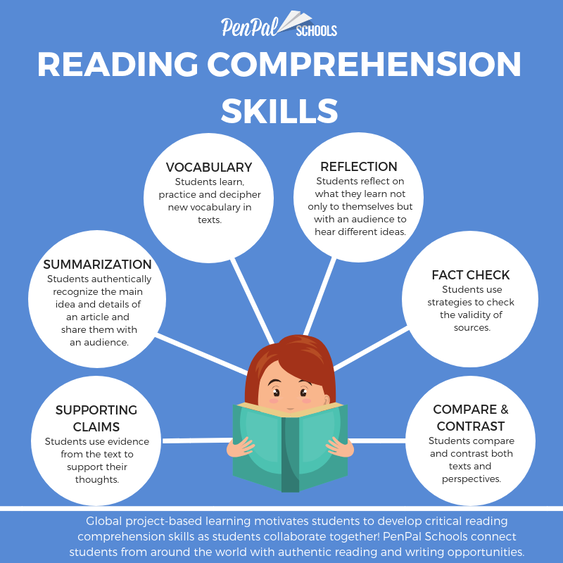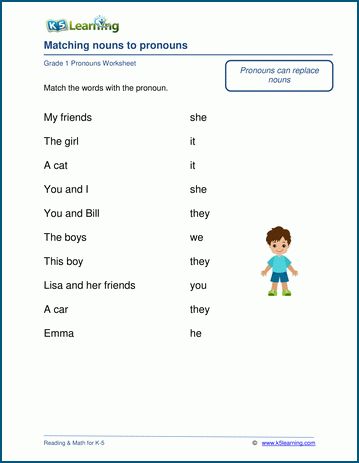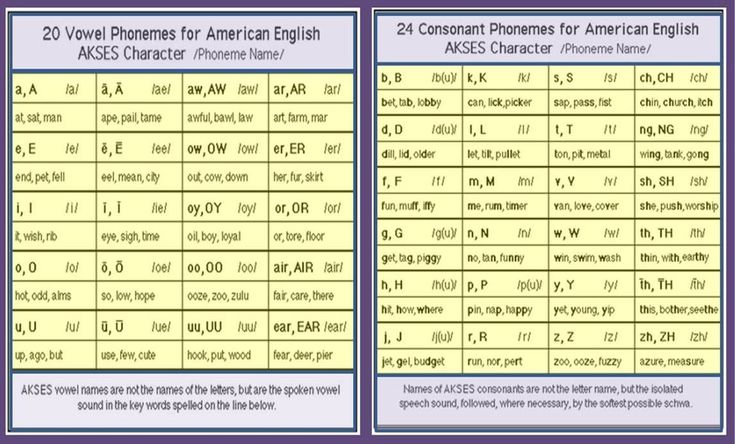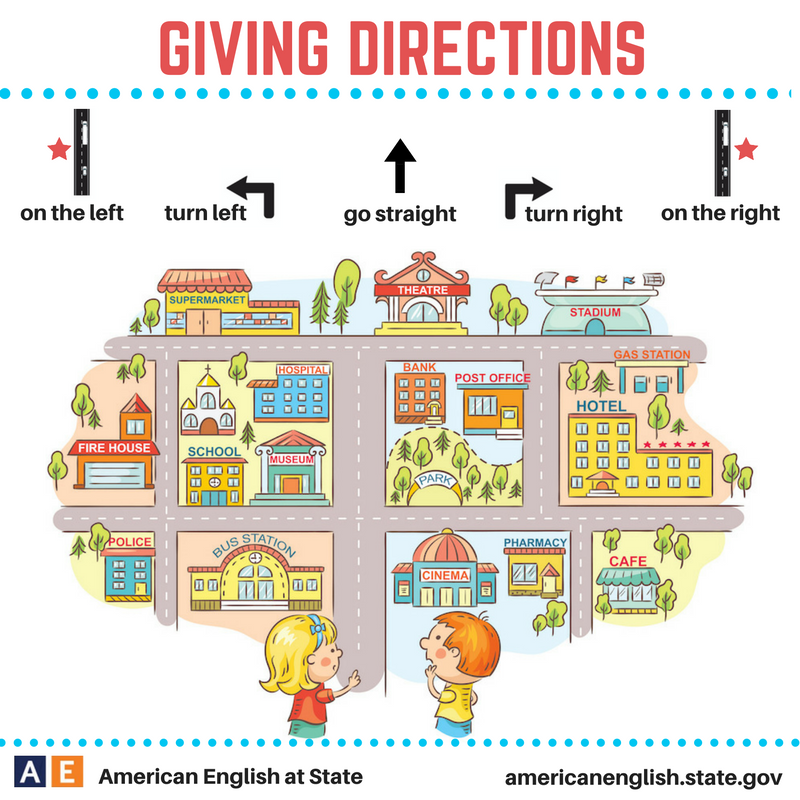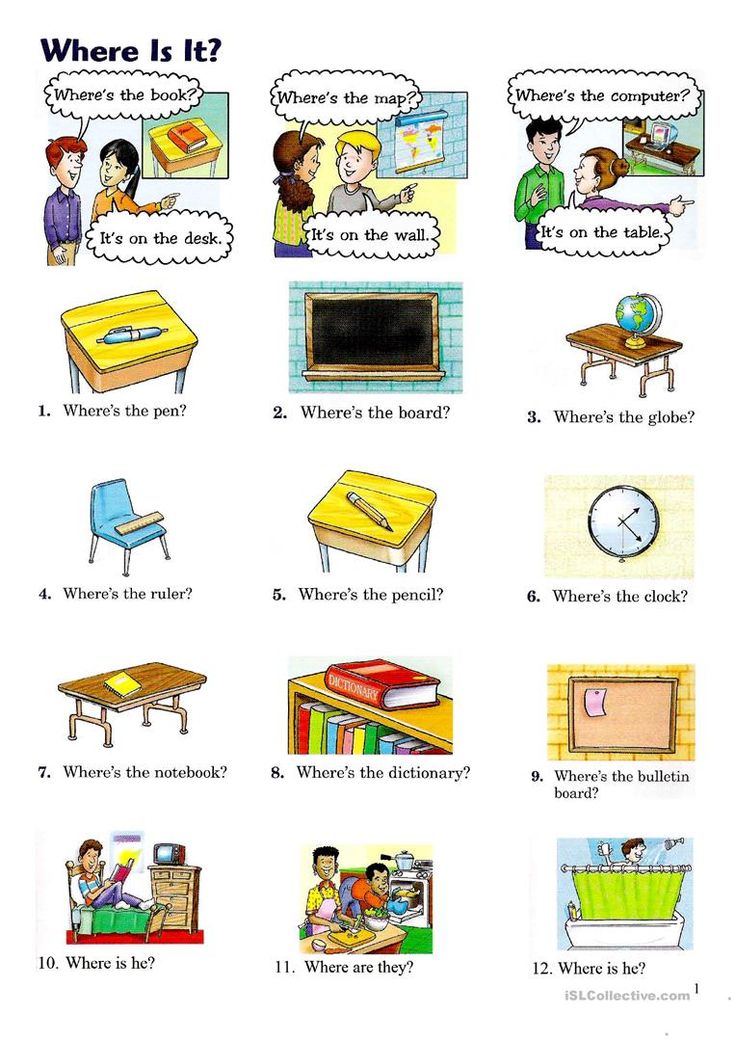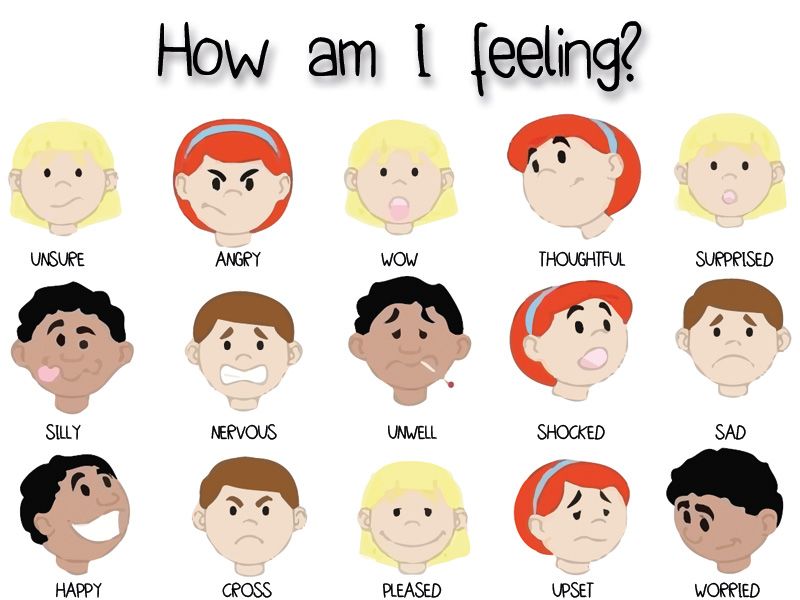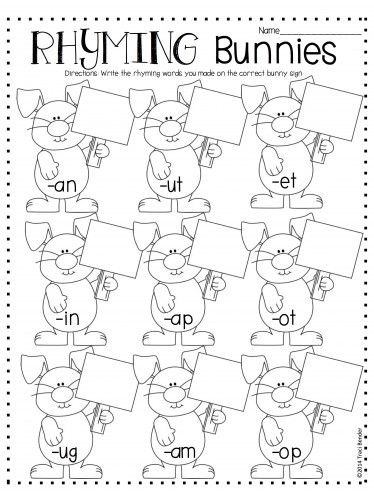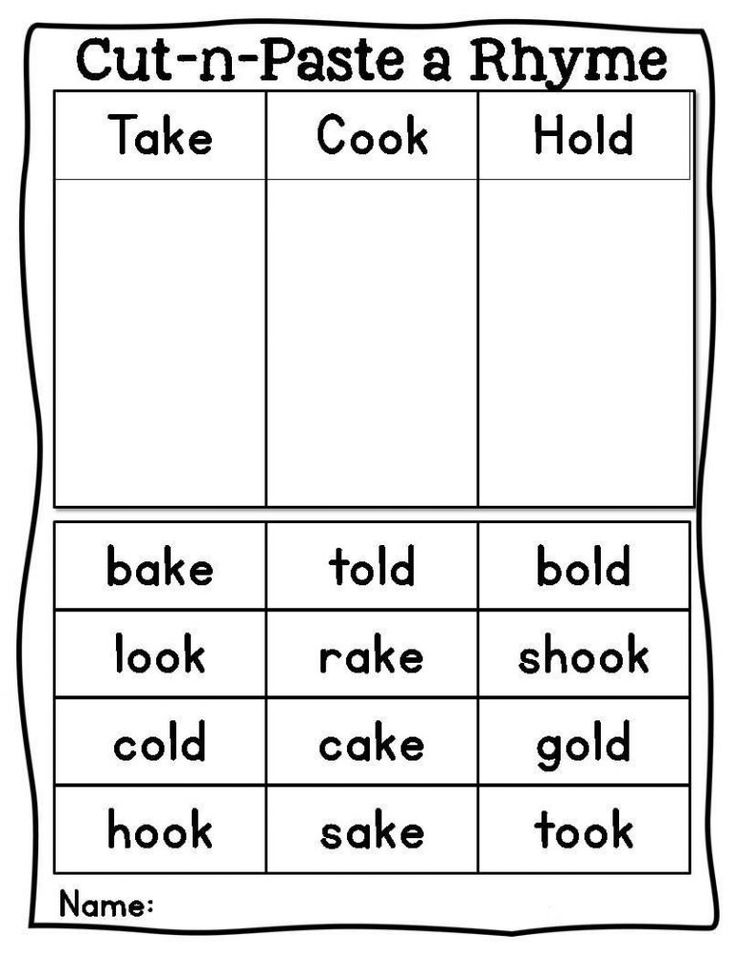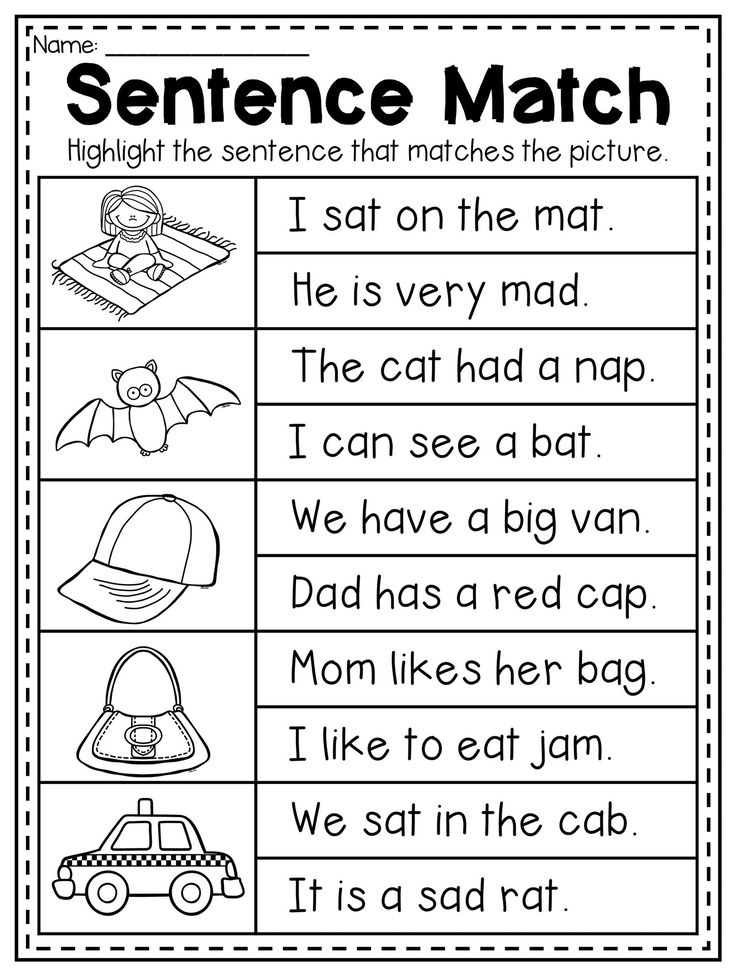Math is important
The role of mathematics in the overall curriculum
A305 and A306 Rooms
Sections:
Organizing team composition
Aims and scope
Call for papers
Program
Papers and discussion documents
Team chairs:
Kyungmee Park (Korea)
Aarnout Brombacher (South Africa)
Team members:
Joana Brocardo (Portugal)
Lynn Arthur Steen (USA)
Aims and scope
Mathematics is a fundamental part of human thought and logic, and integral to attempts at understanding the world and ourselves. Mathematics provides an effective way of building mental discipline and encourages logical reasoning and mental rigor. In addition, mathematical knowledge plays a crucial role in understanding the contents of other school subjects such as science, social studies, and even music and art.
The purpose of this TSG is to investigate the role of mathematics in the overall curriculum. Due to the wide range of possible issues that could be addressed in this TSG, we plan to organize the papers and accompanying discussions into three key strands.
Firstly, we ask the question: why does mathematics hold such an important and unique place among other subjects? That is, what is the significance of mathematics in the overall school curriculum? As a point of departure we offer a few thoughts on why mathematics should be treated as an important subject in overall curriculum.
- Mathematics has a transversal nature. If we reflect on the history of curriculum in general, then mathematics (geometry and algebra) were two of the seven liberal arts in Greek as well as in medieval times. This historical role supports the notion that mathematics has provided the mental discipline required for other disciplines.
- Mathematical literacy is a crucial attribute of individuals living more effective lives as constructive, concerned and reflective citizens.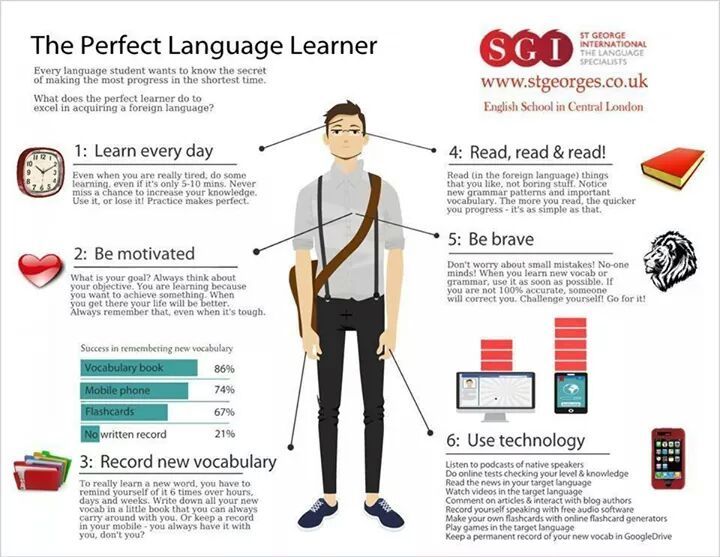 Mathematical literacy is taken to include basic computational skills, quantitative reasoning, spatial ability etc.
Mathematical literacy is taken to include basic computational skills, quantitative reasoning, spatial ability etc.
- Mathematics is applied in various fields and disciplines, i.e., mathematical concepts and procedures are used to solve problems in science, engineering, economics. (For example, the understanding of complex numbers is a prerequisite to learn many concepts in electronics.) The complexity of those problems often requires relatively sophisticated mathematical concepts and procedures when compared to the mathematical literacy aforementioned.
- Mathematics is a part of our human cultural heritage, and we have a responsibility to develop that heritage.
Secondly, since mathematics provides foundational knowledge and skills for other school subjects, such as sciences, art, economy, etc., the issue of how mathematics is intertwined with other school subjects deserved to be addressed. In some curricula, mathematics is offered independently to support the study of other school subjects as an ‘instrumental subject’, and in other curricula, integrated courses which combine mathematics and other fields are offered.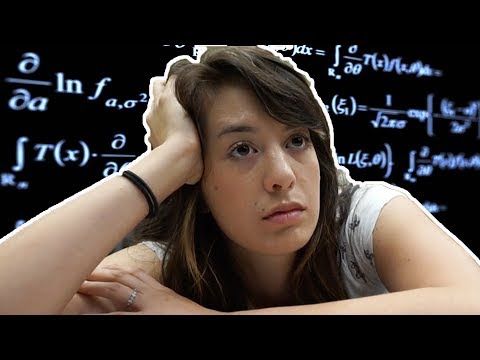
Thirdly, we may wish to reflect on the number of hours (proportion of hours) and/or courses allocated to mathematics when compared to the other school subject in the curriculum of each country. In addition to this quantitative analysis, information about the qualitative description of school mathematics in relation to other subjects also needs to be gathered. Although this comparison won’t show us the whole picture of why different countries attach the importance that they do to mathematics, the comparison may nonetheless provoke further discussion.
Call for papers
The TSG 25 organizing team cordially invites all interested researchers and teachers to submit papers related to the topic of this group, in particular to its aims and scope. Any contribution addressing questions, problems and issues related to the topics listed above may be submitted. We welcome proposals from both researchers and practitioners, and encourage contributions from all countries with different cultural backgrounds.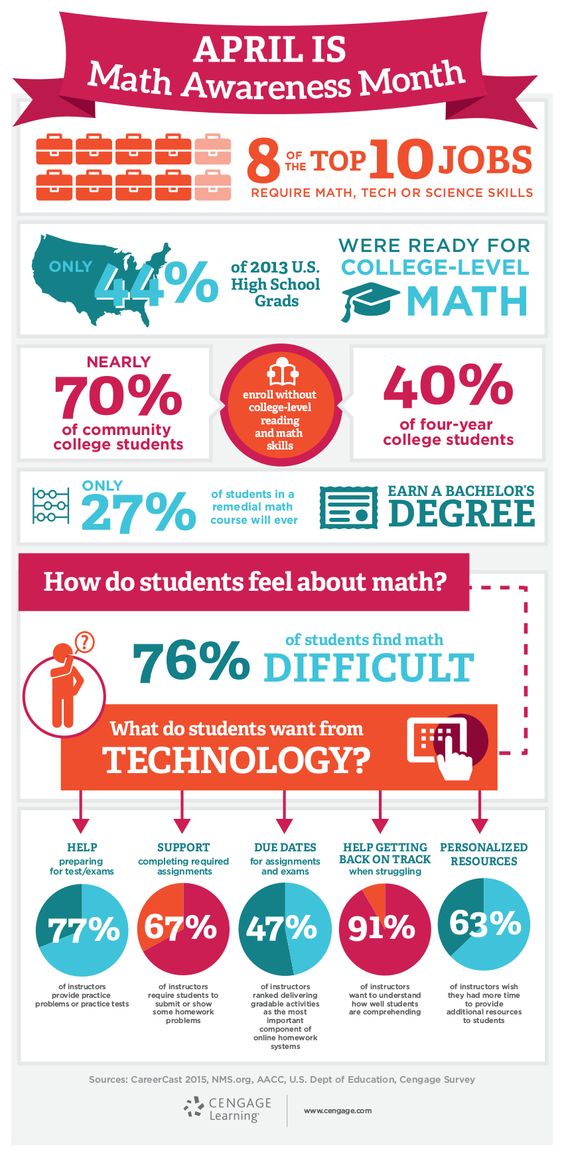
Method of submission: email attachment to the TSG 25 chairs – Aarnout Brombacher ([email protected]) or Kyungmee Park ([email protected])
Deadline for submission of abstracts (1-2 pages) – 15 January, 2008
Notification of acceptance of abstracts – 31 January, 2008
Submission of full papers – 15 March, 2008
Notification of acceptance of papers – 31 March, 2008
(i.e. accepted for presentation, accepted for distribution or on the website, rejected)
Program
First session – July 7th (60 min) Monday 13:00 to 14:00h
|13:00-13:15h| Introduction to the theme by Aarnout Brombacher|
|13:15h – 13:40h|Curricular Methodology for the Mathematics In The Engineering Careers Patricia Camarena Gallardo and Alma Alicia Benítez Pérez |
|13:40h – 13:45h|Critical reaction by Joana Brocardo/Aarnout Brombacher|
|13:45h – 14:00h| Discussion |
Second session – July 9th (90 min) Wednesday 12:30 to 14:00h
|12:30 – 12:55h|Using Mathematical Inquiry To Engage Student Learning Within The Overall Curriculum Jill Fielding-Wells and Katie Makar|
|12:55 – 13:00h|Critical reaction by Joana Brocardo|
|13:00 – 13: 25h|The Place of Mathematics in the Integrated Curriculum Pamela Perger and Margaret Thomson|
|13:25 – 13:30h|Critical reaction by Aarout Brombacher|
|13:30 – 14:00h|Discussion|
Third session – July 11th (60 min) Friday 12:30 to 13:30h
|12:30 – 12:55h|Mathematics in a New Interdisciplinary Subject for Upper Secondary Education: aSMaT
Jenneke Krüger|
|12:55 – 13:00h|Critical reaction by Kyungmee Park|
|13:00 – 13:30h|Discussion|
Last session – July 12th (90 min) Saturday
|12:00 to 13:30h|Structures discussion that follows from the earlier sessions|
Papers and discussion documents
Using Mathematical Inquiry to Engage Student Learning Using Mathematical Inquiry to Engage Student Learning within the Overall Curriculum (130. 00 KB)
00 KB)
Mathematics in a new interdisciplinary subject for upper secondary education: aSMaT (129.00 KB)
CURRICULAR METHODOLOGY FOR THE MATHEMATIC IN THE ENGINEERING CAREERS (69.00 KB)
The Place of Mathematics in the Integrated Curriculum (107.00 KB)
TSG25 Programme (49.00 KB)
Why is Math So Important?
The most frequent word one hears today in all education and business circles is STEM. We need to educate all students in the fields of science, technology, engineering and mathematics (STEM) in order to be competitive in the 21st century global economy. This issue has gained significant momentum over the last few years and is reaching critical mass but we still have a long way to go in raising the level of our education and student achievement in these fields in order to fulfill the increasing demand for qualified employees our corporations and universities need in the Information Age.
Why is Math So Important?
No matter which way I look at it, math came first and foremost and was at the core of my success.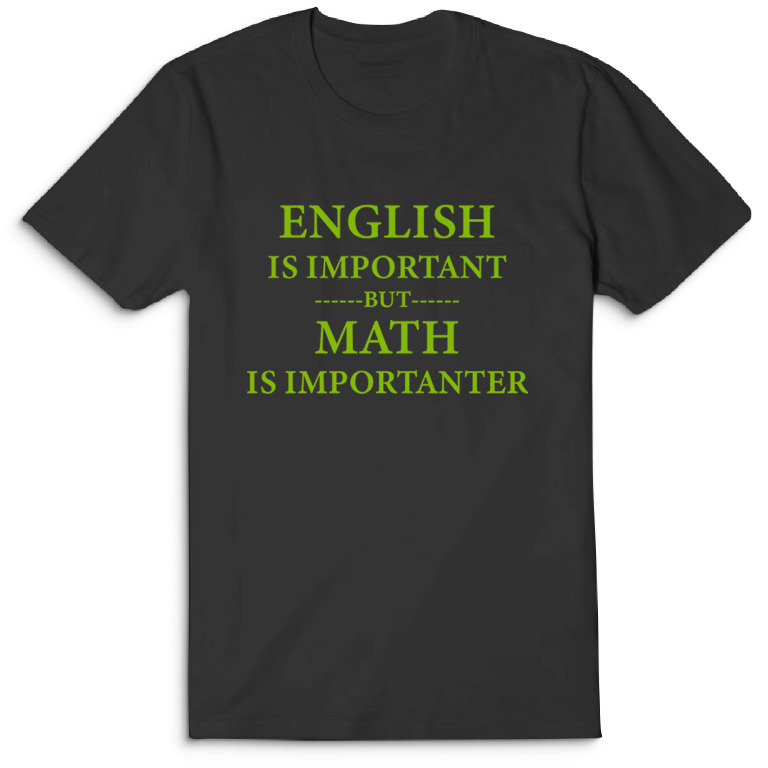 Science, technology and engineering, so essential to the future success of our country, cannot thrive without practitioners having a solid mathematics foundation.
Science, technology and engineering, so essential to the future success of our country, cannot thrive without practitioners having a solid mathematics foundation.
The importance of a solid mathematics education goes much beyond the current conversation of improved proficiency on test scores. I have used the word mathematics very frequently in my education and career but never until recently thought about the actual meaning of the word.
Once I looked from an Etymology perspective, I found interesting literal definitions in two ancient languages. In Greek, it is “learning.” In Hebrew, it’s root is “thinking.”
They tell us that mathematics gives us the critical ability to learn and think logically in any field of endeavor. The skills of learning today are more important than knowledge, which is so readily available on the Internet.
The illiterates of the 21st century will not be those who cannot read and write, but, rather those who cannot learn, unlearn and relearn.
-Alvin Toffler
A solid foundation in mathematics and science develops and hones the skills of posing hypotheses, designing experiments and controls, analyzing data, recognizing patterns, seeking evidence, conclusions and proof, solving problems and seeking absolutes, while being open to new information.
Studying mathematics not only will develop more engineers and scientists, but also produce more citizens who can learn and think creatively and critically, no matter their career fields. The workforce of tomorrow, in all fields, will demand it.
How Can We Improve Math Education?
Teaching methods used today stress memorization and the use of calculators. Students are taught by rote instead of analyzing and understanding, with the primary focus placed on test scores. Test scores are essential but not sufficient.
If we believe that the objective of a quality education for our children is to develop the skills associated with learning and thinking, we need to do much more. New and innovative learning programs need to be implemented, integrating available technology to stimulate students' creativity, imagination and confidence. They need more hands-on and effortful learning in order to spark their curiosity and enjoyment of learning.
New and innovative learning programs need to be implemented, integrating available technology to stimulate students' creativity, imagination and confidence. They need more hands-on and effortful learning in order to spark their curiosity and enjoyment of learning.
ST Math, the unique math learning curriculum developed by the MIND Research Institute, has been recognized nationally by educators and business leaders, with over 1,200,000 students across the country benefiting from it. The curriculum is based on computer games and visual learning, with students progressing at their own pace and teachers having close to real time feedback on student progress. Having fun and building confidence while learning the key principles of mathematics develops the love of learning, missing so terribly in today’s education system.
Why do we need mathematics in human life?
Let's help you understand and love mathematics
Start learning
Make a school schedule, lay asphalt on a stadium, launch a rocket into space - none of these actions is impossible without mathematics. Let's find even more inspiring reasons to learn math.
Let's find even more inspiring reasons to learn math.
Interesting facts about mathematics
Mathematics is not only arithmetic problems. This is a special language that teaches to think and reason.
Mathematics is called an interdisciplinary science because it is closely related to physics, geography, geology, and chemistry. Sociology and economics are inseparable from mathematics, so many conclusions from humanitarian research are based on mathematical concepts and logical laws.
The world has changed and become more technological, so many options for professional development are open for math lovers.
If 15 years ago the areas of marketing and jurisprudence were promising, today IT is in the lead.
Professional demand = understanding of technology + ability to solve non-standard tasks. And the key to success is the knowledge of mathematics.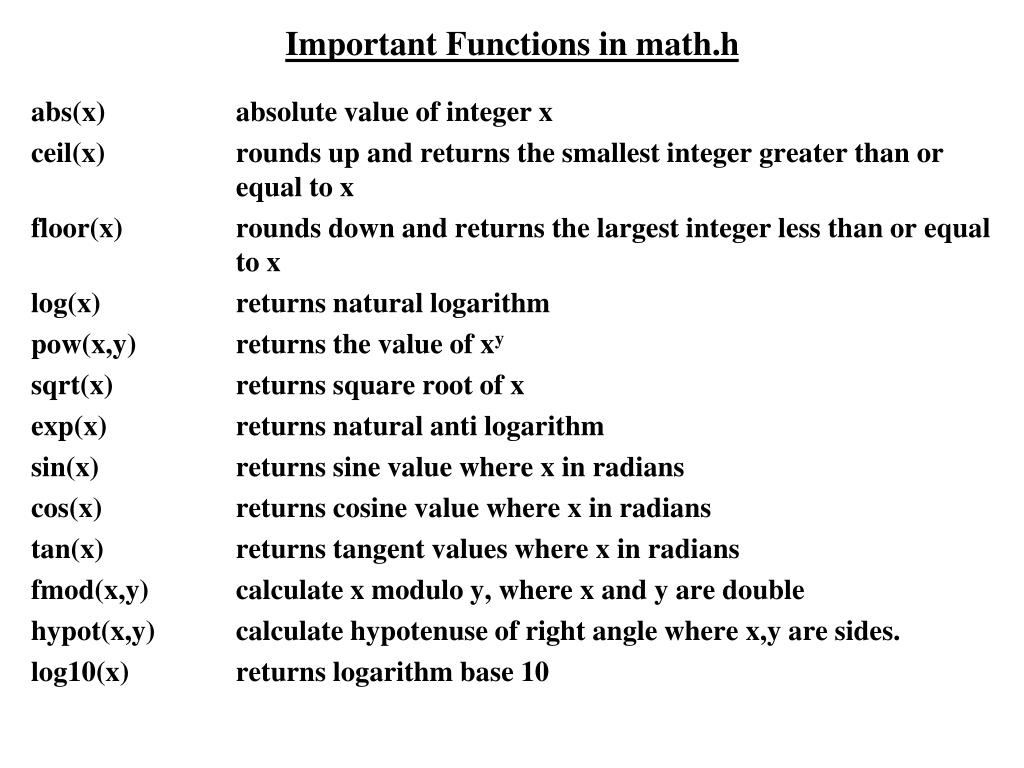
What distinguishes mathematics from other school subjects:
- one problem can have several correct solutions;
- there are problems for which there is no solution - instead, you need to form a proof;
- in mathematics there are many tools: numbers, formulas, graphs, diagrams, theorems. Don't get bored!
Solve your math homework for 5.
Detailed solutions will help you understand the most difficult topic.
Mathematics develops thinking
Why do physical education? The answer is simple - for the health and beauty of the body.
Why study mathematics? The answer to this question seems less obvious.
Mathematics is gymnastics for the mind. Like it or not, but in the process of studying, the qualities that influence the way of thinking will grow stronger.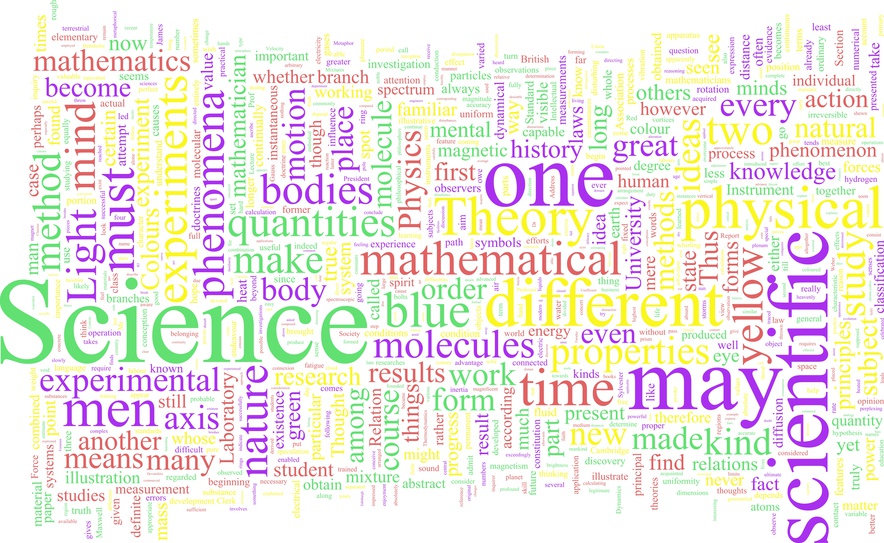 To do this, it is not necessary to study in a specialized class and participate in olympiads - solving even the simplest problems with proportions or percentages gives a significant effect.
To do this, it is not necessary to study in a specialized class and participate in olympiads - solving even the simplest problems with proportions or percentages gives a significant effect.
Generalization, reduction, analysis, systematization, highlighting the important, searching for patterns, formulating hypotheses and proving theories - all this helps to develop thinking, make it more flexible. In the same way that physical exercises make our body more mobile, give a boost of strength and train endurance, mathematics trains the mind.
Mathematics develops the intellect. The set of rules and functions that we learn in school make our thinking consistent and logical. This is reflected in the ability to reason, formulate thoughts and notice relationships. And the most exciting thing is that this knowledge can (and should!) be applied not only at school, but also in non-standard situations: to choose the most profitable bank card, calculate liters of paint for repairs or create a treasure map so as not to forget where they are hidden.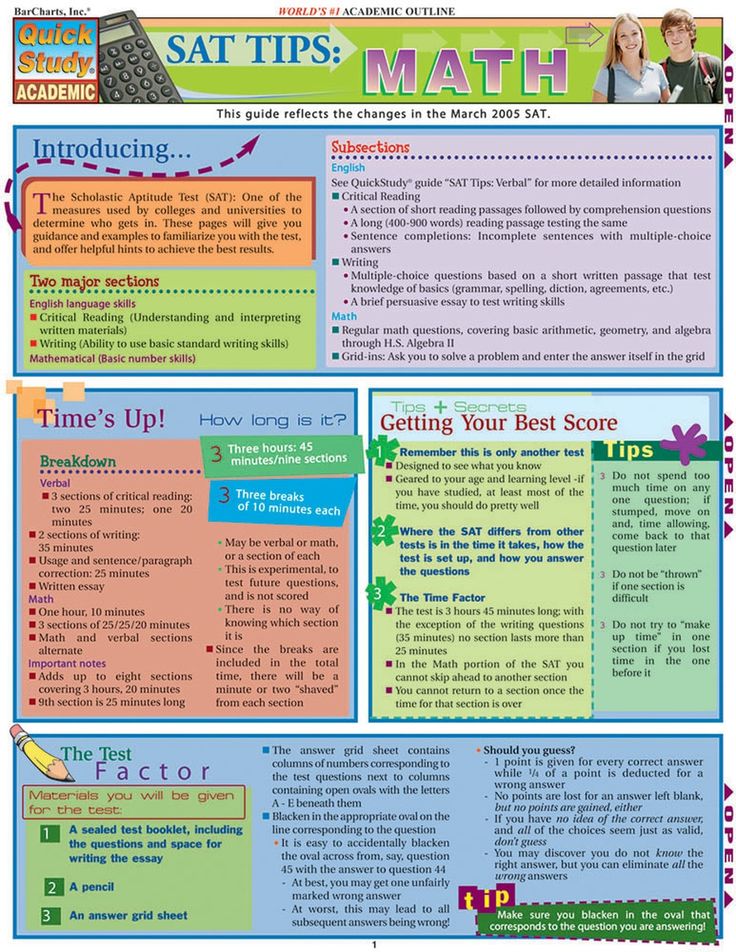
Mathematics is a universal international language that is spoken by almost all people on earth. This knowledge will be useful in any country and can be the subject of an interesting conversation.
Life hack!
An unusual way to get acquainted is to ask a person about his attitude to mathematics, where he uses it and whether he remembers how to take the square root of a number. Yes, it will seem strange to some, but you will definitely be remembered. 🤓
What to understand, why study mathematics at school, just imagine how nice it is when there is no “porridge” and confusion in reasoning in the head. In this regard, back in the last century, the great scientist Lomonosov said: "Mathematics only then needs to be taught, that it puts the mind in order." How can one argue?
Mathematics courses will help you improve your grades, prepare for tests, VLOOKUP and exams.
Mathematics builds character
Knowledge alone is not enough to solve mathematical problems correctly.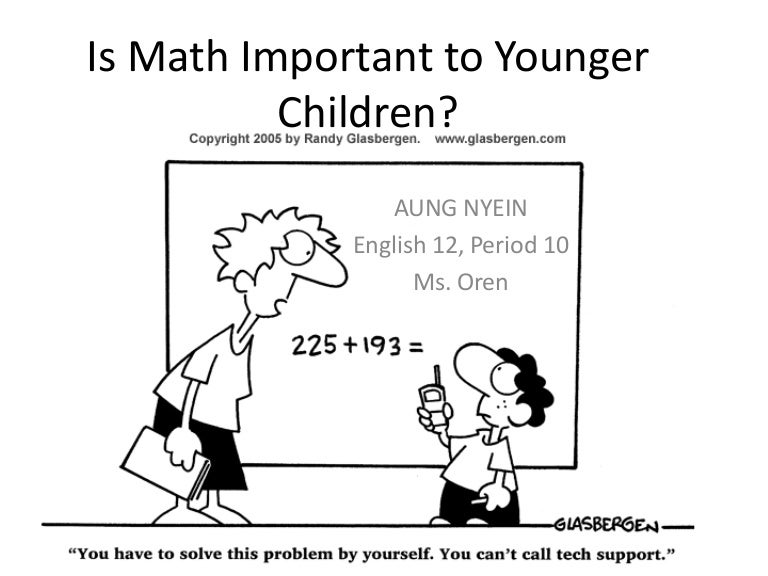 We need such qualities of character as attentiveness, perseverance, consistency, accuracy and accuracy. The more regularly we practice, the stronger these traits become stronger. And another bonus: these qualities can be applied not only in the classroom, but also in other areas of life.
We need such qualities of character as attentiveness, perseverance, consistency, accuracy and accuracy. The more regularly we practice, the stronger these traits become stronger. And another bonus: these qualities can be applied not only in the classroom, but also in other areas of life.
The more complex the math problems, the more effort and skill you need to put in to solve them.
Thanks to mathematics, you can get rid of bad habits:
| 😬 | 😍 |
| Thinking and not being able to explain why you think that way | Use facts and precise terms and be more persuasive |
| Memorize information mechanically, memorize | Evaluate, analyze, draw analogies and criticize |
Math trains memory
Scientists from Stanford University in the USA studied how a person solves mathematical problems and found that adults use the skill to "get" answers from memory based on past experience.
Why do teachers insist on regular attendance? The point is not in their harmfulness, but in the fact that when solving mathematical problems, we “get” answers from memory based on past experience. And in order to consolidate this experience, you need to repeat the material and train in solving examples. This is the only way to remember all the rules and formulas. 🤓
In the journal Nature Neuroscience in 2014, a study was published about the role of certain areas of the brain in the development of cognitive activity in children. It turned out that the interest in knowledge is strongly influenced by the hippocampus, the part of the brain that is responsible for memory.
Interesting fact! Certain areas of the brain influence the development of children's cognitive activity. For example, interest in knowledge is influenced by the part of the brain that is responsible for memory - the hippocampus. Therefore:
- in order for a child to avoid problems with mathematics, it is necessary to train memory at an early age;
- solving mathematical problems develops the memory of schoolchildren and motivates them to study even more.
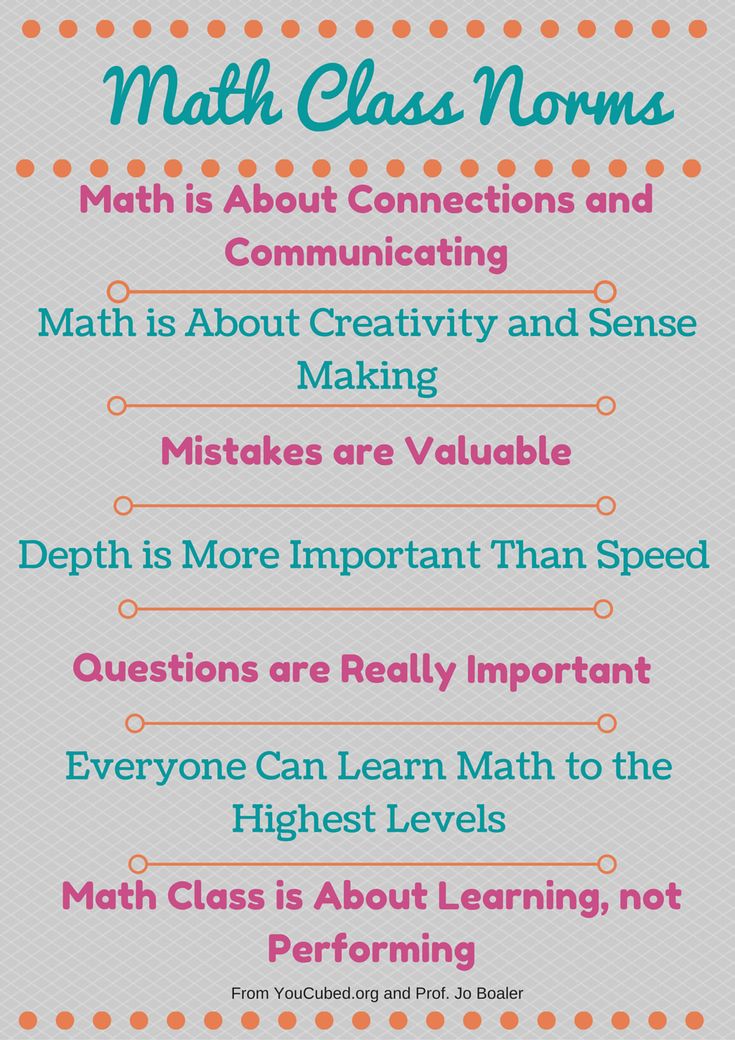
Mathematics is a magician, not otherwise! Let's systematize all the magical properties and repeat what skills can be developed with the help of mathematics:
- The ability to generalize and find the role of the particular in the general.
- Ability to analyze situations and make informed decisions.
- The ability to see patterns.
- The ability to correctly and clearly formulate thoughts.
- Ability to think logically.
- The ability to think quickly and make decisions.
- Planning and forecasting skill.
- Abstract Thinking Skills: The ability to sequence concepts or operations and keep them in mind.
Deprimo!
(a spell that removes obstacles to knowledge)
Cheat sheets for parents in mathematics
All formulas in mathematics at hand
Lidia Kazantseva
author Skysmart
to the previous article
003
Tasks for finding a percentage
Get a training plan that will help to understand and love mathematics
in an introductory lesson with a methodologist
-
We will identify knowledge gaps and give tips on learning
-
How classes
are held by -
Let's choose a course
Why do we need mathematics? Why study, the benefits of doing mathematics
Scientists from Stanford University in the USA studied the process of solving mathematical problems by a person and found out that adults use thinking and the skill, brought to automatism, to “get” the answers already there from memory.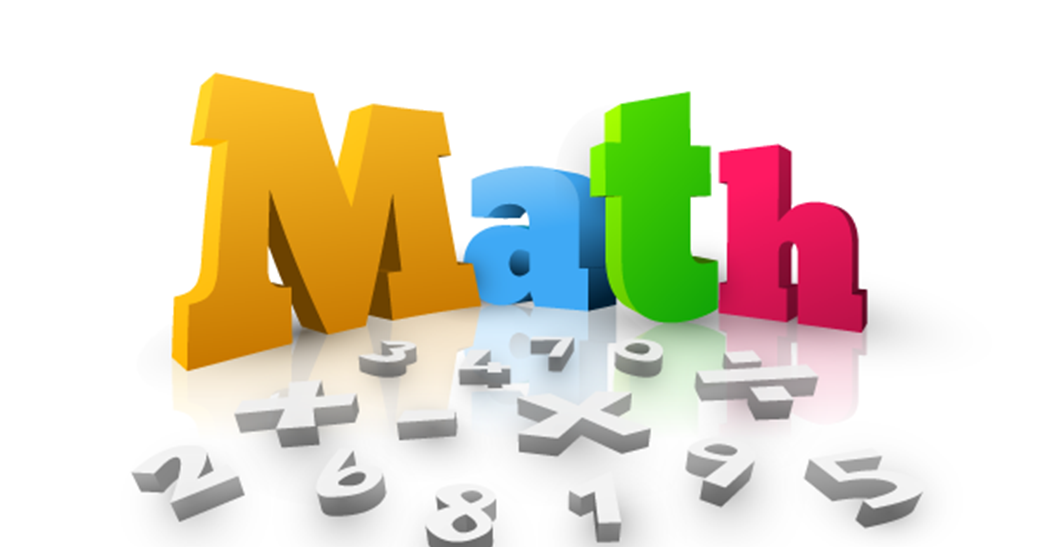
Children under 7 often resort to the help of fingers and toes, as well as various substitutes (real objects, counting sticks). In the "transitional period", at the age of 7 to 9, schoolchildren form the "adult" skill of "thinking", comprehending and remembering information.
An interesting study was published in the journal Nature Neuroscience in 2014. First of all, it was devoted to the study of the role of the hippocampus (an area in the brain) in the development of cognitive activity in children. But his indirect conclusions are as follows:
- if you want your child to have no problems with math at school, train your memory at an early age;
- solving mathematical problems develops memory.
3. Math builds character
For the correct solution of mathematical and logical problems, attentiveness, perseverance, responsibility, accuracy and accuracy are needed.
The more regularly a child trains these "muscles of character", the stronger they become, the more often they help the child in solving not only educational problems, but also life problems.
LogicLike is the right training platform for 20-60 minutes a day. Solve problems, participate in olympiads in logic and mathematics, develop the will to win and the ability to win!
We create both simple and Olympiad problems that you want to solve:
- tasks for grade 1;
- assignments for grade 2;
- assignments for grade 3.
4. Music for mathematics, mathematics for music
A comprehensive study by Barbara H. Helmrich of the College of Notre Dame in Baltimore found that children who played musical instruments in middle school did significantly better in math in high school.
Scientists have found that the same part of the brain is responsible for solving algebraic problems and processing musical information.
"The largest average difference in algebra scores between any two groups of subjects was found between African-American 'instrumental' groups and groups of 'non-musical' students.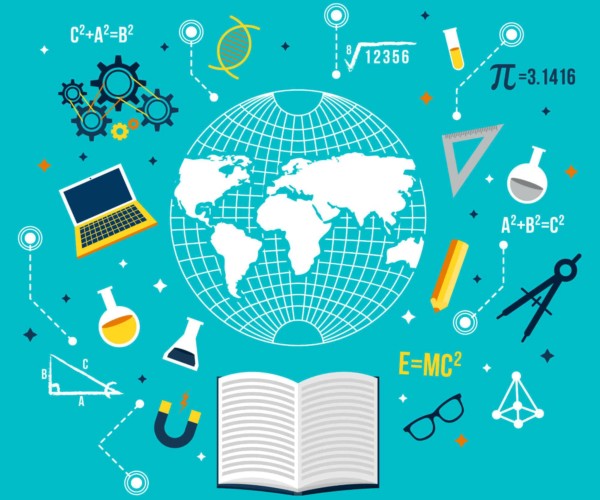 "
"
Paradoxically, scientists didn't seem to be interested in feedback.
After all, if the same part of the brain is responsible for the development of mathematical and musical abilities, it is possible that doing mathematics improves musical abilities.
I remember Sherlock Holmes, who was both an excellent detective and a talented violinist. Many will say that the famous English detective is just a fiction, but he had his own real prototype, a mentor and friend of Arthur Conan Doyle. The greatest physicist Albert Einstein was also a passionate violinist.
5. Math Helps You Succeed in the Humanities
It is early mathematical abilities that are a sure prerequisite for the fact that in the future the child will not only understand mathematics well, but also succeed in other school disciplines. Next in importance for contributing to academic success are reading skills and the ability to manage one's attention.
Such conclusions were reached by scientists in the field of education and social policy at Northwestern University in Evanston. During the study, they assessed the relationship of key elements of school readiness (basic skills for school admission - "academic" readiness, attention, social-emotional skills) with further academic success.
During the study, they assessed the relationship of key elements of school readiness (basic skills for school admission - "academic" readiness, attention, social-emotional skills) with further academic success.
Mathematics is an interdisciplinary science, it is closely related to physics, geography, geology, and chemistry. Sociology and economics are inseparable from mathematics, and many of the conclusions of even the usual humanities, such as linguistics, journalism, are based on mathematical models and concepts, mathematical and logical laws.
6. Develops skills for solving everyday problems
Barbara Oakley, PhD, brain stem cell researcher and author of Think Like a Mathematician, emphasizes:
“Mathematics saves us from “magical thinking” - we strive to delve into the essence of things and do not rely on chance and higher powers.”
The more difficult the math problems become, the more skills are required to solve them. The child learns to reason, build sequences, think through algorithms, juggle several concepts at once, and these skills become a habit.
Thanks to mathematics, we get rid of bad habits:
- we do not speculate, but operate only in exact terms;
- we do not just mechanically memorize information and rules, but evaluate it, analyze it, reflect in order to understand and learn new material, a new life lesson.
7. Mathematics is the basis of a successful career
If 10-15 years ago the study of foreign languages was considered promising, now you will not surprise anyone with fluency in several languages. Now professional demand largely depends on the understanding of technology, the ability to think, abstract and the ability to solve non-standard problems. It is extremely difficult for those who want to work in the IT field to do without knowledge of mathematics.
Abstract, critical and strategic thinking, analytical skills, the ability to build algorithms are a “must-have” for a good developer.
TOP 5 soft skills. Source: amazonaws.com
Successful mathematics classes give self-confidence, because success in it requires perseverance in striving to solve the most complex, sometimes, at first glance, “unsolvable” tasks and problems.
Test your strength: Math puzzles to help you: 9 selected well-known tasks for ingenuity. How many can you decide?
8. Problem Solving Builds Mental Resilience
Solving mathematical problems helps to improve the emotional background - this activity can relieve anxiety, helps control emotions and prevents stress.
These conclusions were reached by scientists from Duke University in the United States, who were able to prove this in a study published in the journal Clinical Psychology in 2016.
9. Pleasure from "x"
For a serious student of mathematics, mathematical formulas, equations and other logical and mathematical problems embody beauty, harmony and provide the same aesthetic pleasure as music, art and a good joke, says a group of researchers from several universities in the UK.
With the help of functional magnetic resonance imaging, the activity of the brain activity of the subjects was recorded during the demonstration of mathematical equations, formulas and tasks. The results of the study were published in the journal Frontiers in Human Neuroscience in 2014.
The results of the study were published in the journal Frontiers in Human Neuroscience in 2014.
How to learn to experience the joy and pleasure of doing mathematics tells the famous American mathematician, a graduate of Harvard University, Stephen Strogatz. Applied Mathematics teacher, award-winning math and teacher in the pages of his book "The Pleasure of X" enthusiastically explains the most significant mathematical ideas in a simple and understandable way.
Try logic and math classes at LogicLike.com!
We are convinced that children, especially those aged 5-9, do not need to be told how important it is to study mathematics. It is much more important to give the child the opportunity to plunge into the world of entertaining interactive mathematics.
Learning on the LogicLike platform, children solve interesting logical problems, earn their first "star" awards for correct answers, play modern logic games - and get not only benefit, but also real pleasure from such mathematics.

